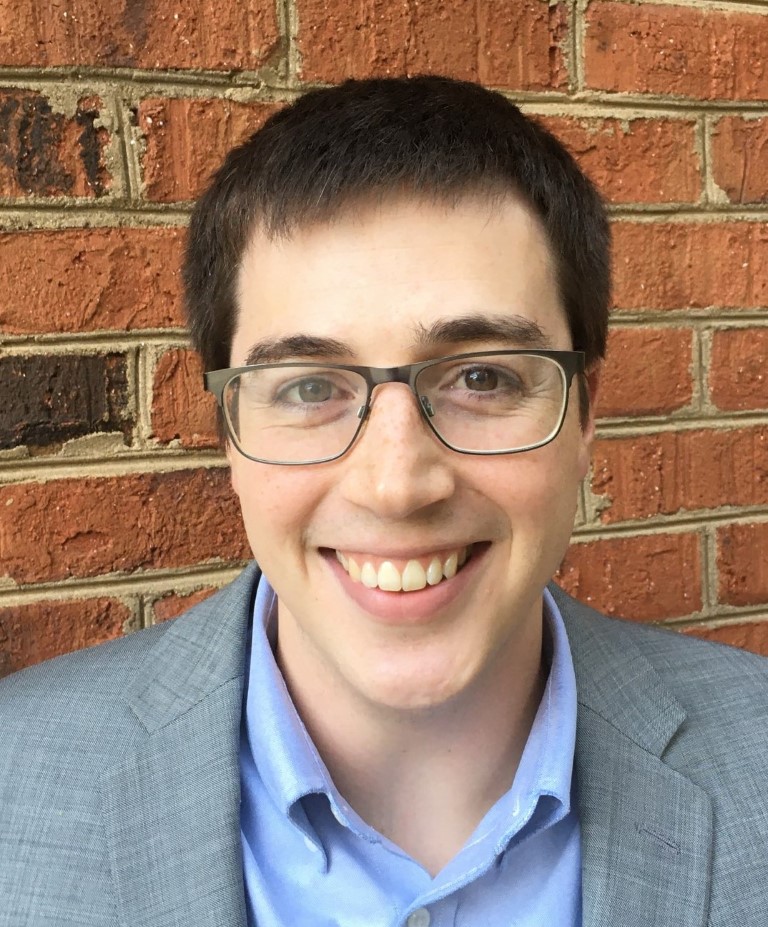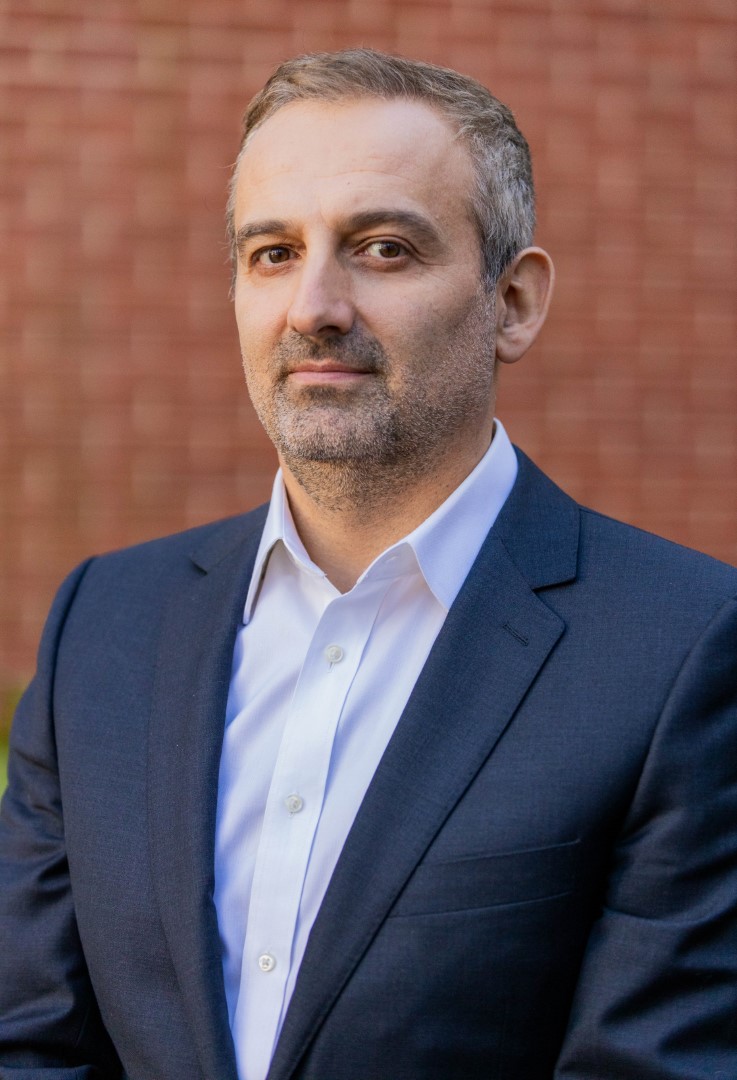Study Abroad
Greece: The Case of the Greek Financial Crisis
This summer, students from our department embarked to Greece in our joint program with the College of Family and Consumer Sciences known colloquially as "Athens to Athens." Students in the department received academic credit for an international agribusiness and environmental management class. Hadley Miles, an Environmental Economics and Management student, explained that during the trip, students learned of the Greek financial crisis and had lectures at the Athens University of Economics and Business and the American Farm School. She also had lectures on topics such as international shipping, agriculture, Greek consumer behavior and economics trends, cultural heritage and tourism management, and agritourism. Students had the opportunity to travel to sites such as the Acropolis, the Acropolis Museum, the National Archaelogical Archive, the Akrotiri Archaelogical site, and the Staramake facilities, which produces biodegradable straws made from wheat.
Morgan Shiver, a student pursuing double majors in Agribusiness and Agricultural Communications, as well as a CAES Ambassador, also discussed her study abroad experience. She discusses her favorite part being her ability to immerse herself in Greek culture and soaking up the breathtaking views and deep history of the country, with her favorite memory being celebrating her birthday with her friends from the program. The main thing she took away from this experience is how important it is to say "yes" to the unfamiliar and take a leap of faith occasionally. She expands on this by stating that this experience broadened her knowledge of cultural practices. For example, she experienced the fact that Greek culture moves much slower than that of Americans. She found this inspiring and served as a reminder to slow down to enjoy everything and soak it in, as sometimes she gets trapped in the business of American culture. She explains that she is forever grateful she took this leap of faith and participated in studying abroad while at the University of Georgia, and that she is forever changed and inspired by her invaluable experience.
Uruguay: International Agribusiness in Diversified Livestock and Grain Production
Fourteen students had the opportunity to travel to Uruguay this past spring break to visit farms and agribusinesses across several different areas. For example, they visited several cattle operations, a sheep farm, a meat-packing facility, among many others. Students see firsthand the similarities and differences between Uruguayan agriculture and agriculture here in Georgia. This includes cultural differences, marketing orientations, and some production practices, but similarities in geography and other production practices.
Dr. Will Secor, an Assistant Professor in the Department of Agricultural and Applied Economics and a co-instructor for the program, gave some insights into the program, how it relates to his work in Athens, and some key points. He explained that his favorite aspect of the trip is being able to see students learn from the local producers. When asked about how this program is different from others offered at UGA, he explains that it is a compact program that, while shorter than a Maymester program, does not sacrifice quality. He also explains that Uruguay is a unique country to visit, as it has a GDP per capita similar to Greece, meaning it is a strongly developed South American country. Additionally, he explains that rather than visiting agritourism spots, the program has a strong relationship with local agricultural economists, providing connections to experience unique commercial operations. Finally, he provided some key takeaways that he hopes students received from the experience. For one, he hopes that students took note of the differences in culture that they experienced between Georgian agriculture and Uruguayan agriculture, which helps to create a wider worldview and understanding of culture more broadly. He also hopes that students realize that good farm management practices encompass universal concepts that vary in application based on specific environments, markets, cultures, and geographies.
 William Secor
William Secor







